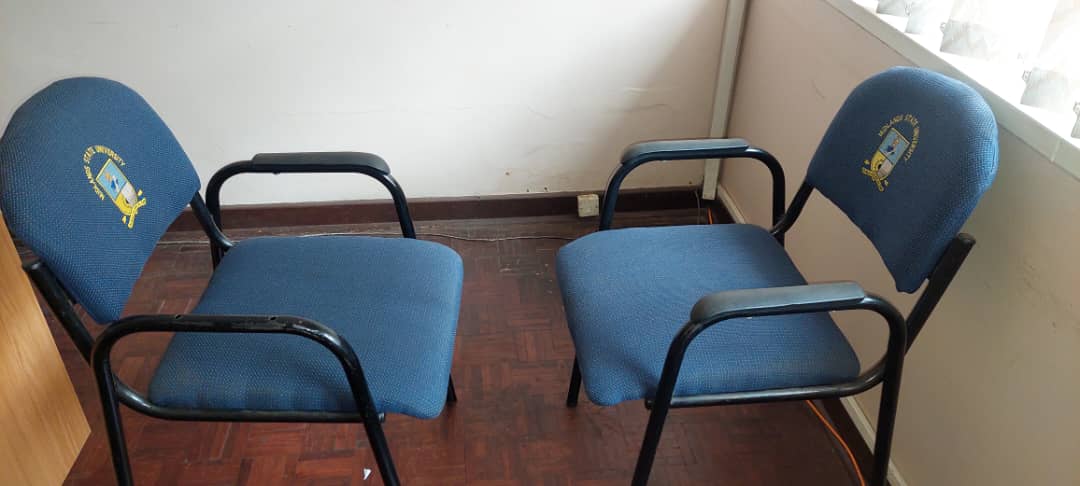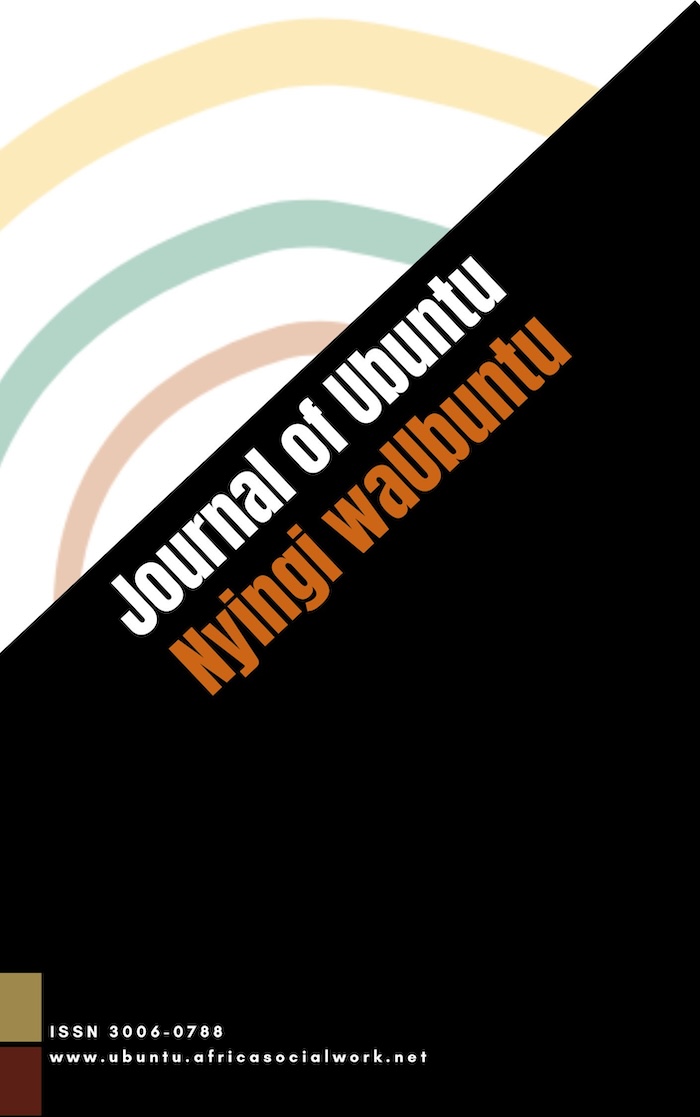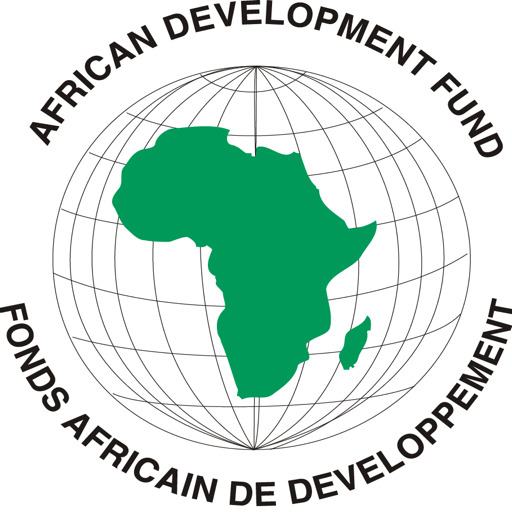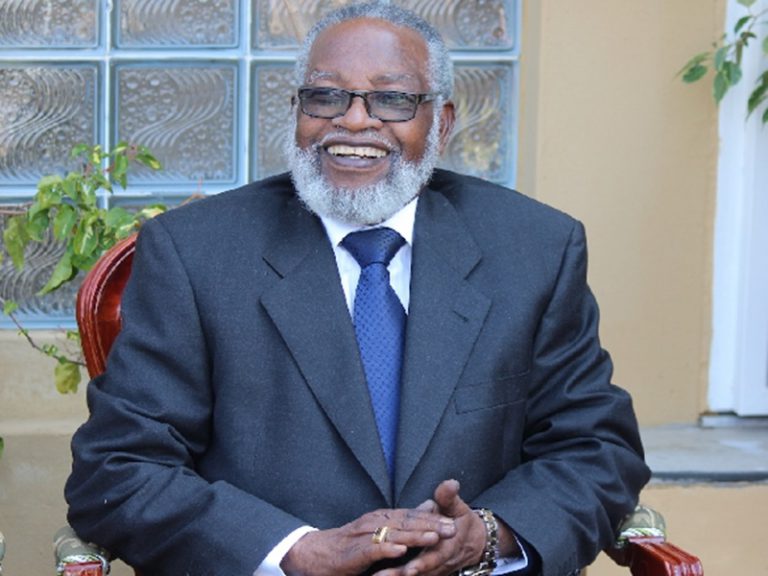YOU ARE HERE
»
Home
»
Admin ASWDNet
»
Twelve (12) Tips and Information for Prospective Doctoral Students
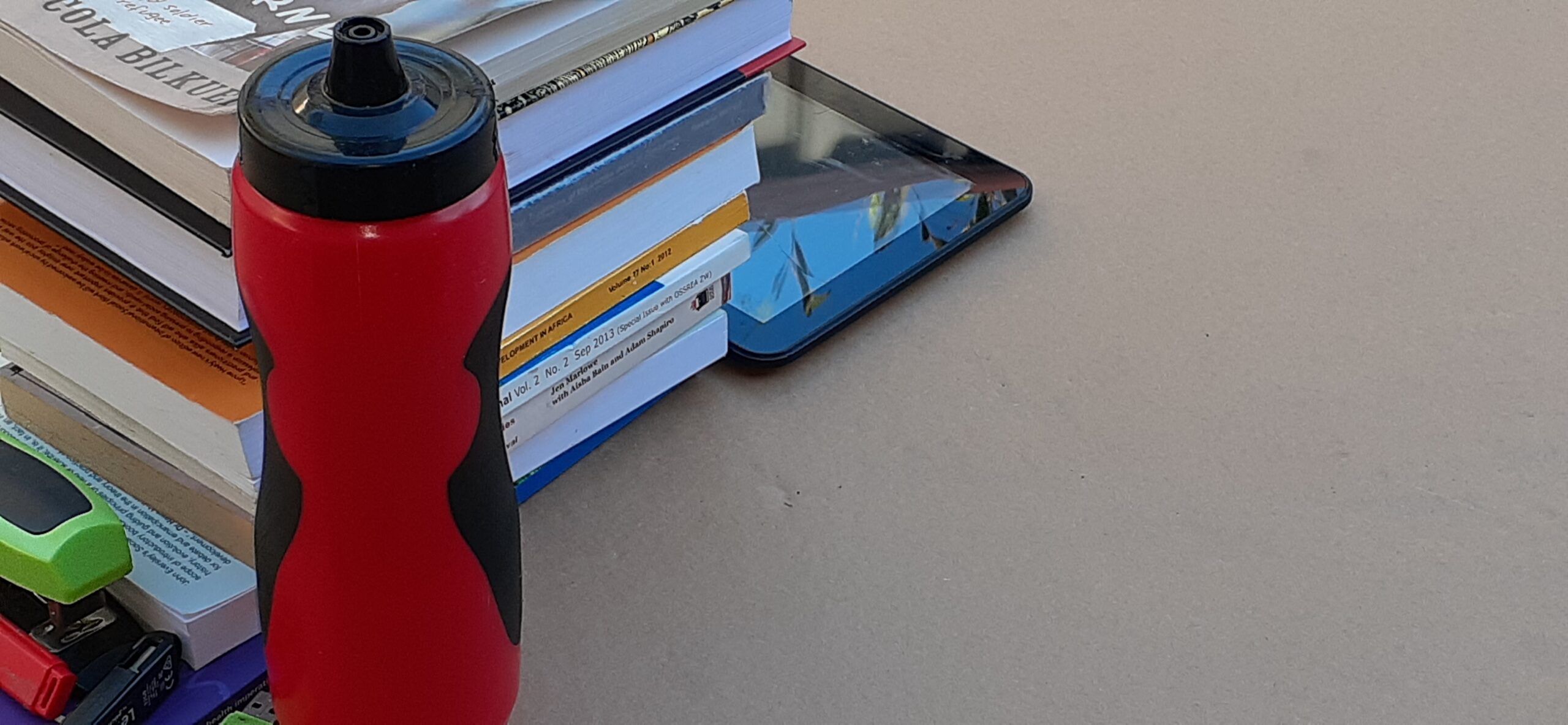
Twelve (12) Tips and Information for Prospective Doctoral Students
The four types or levels of degrees are associate, bachelor’s, master’s, and doctoral. The bachelor’s and master’s degree are usually easy to understand. An associate degree is done is less time than a bachelor’s, usually two to three years and equal to an advanced, level three or higher diploma in other countries. A doctoral program marks the end of ‘classroom’ learning, it is the end, pinnacle or the Kilimanjaro peak of academic studies. The doctoral level is an opportunity to develop in-depth knowledge about a particular topic relevant to your discipline through research, coursework or both. The philosophy doesn’t mean you will study philosophy, it refers to research. After completing a doctoral program, one gets the title Doctor, usually shortened Dr. It takes about three to eight (3-8) years to complete a doctoral degree and this is based on whether one has done it part-time, full-time or hydrid. How you progress each stage of your doctoral degree also determines the overall time it takes to complete. It is important to mention that the title Dr is achieved in several ways (a) after doing a taught or coursework program called a doctorate (b) after doing a research program called a philosophiae doctor or doctor of philosophy (PhD) (c) after doing a program that integrates a taught and a research component called a hydrid or integrated program (d) after doing a hybrid or integrated program focusing on practice called a professional doctorate (this is where Dr comes from for medical doctors) (e) a doctoral degree by publication where you publish articles instead or writing a thesis. The research doctoral programs require you to produce a thesis of about 70 000 or more words or about seven or more chapters (f) honorary Dr which is given in recognition of work done by an individual. of course, there are other people who are called Dr because of their experience or knowledge of a subject, for example indigenous healers. There are also fake doctoral degrees that people buy or earn without working for them but there is no recognition for them in academics, the professions or science.
In social work, development or related disciplines, you can apply to do a doctoral program if you have a master’s degree, a bachelor’s with honours but also a bachelors degree with a good research component or a first class bachelor’s degree. If you have good practice experience you might qualify with only your bachelor’s degree. This blog provides tips and information for potential research doctoral students in social work and related fields in focusing on Africa.
- In your first email or meeting, show that you have looked at the potential supervisor’s work and picked an area of study that interests you but is relevant to the work of the supervisor and that of their department.
- Never address a letter or email to ‘Prospective or Potential supervisor’, rather use their full name. While white supervisors may want to be addressed by their first name, most black supervisors will find this disrespectful, so always use full names or family name and include their title. Importantly, avoid Hi (use Dear…, Greetings…or simply say To……).
- Do not send one email to two or more potential supervisors even if you blind carbon copy, often these end up in spam folder and are blocked. Do not write to two or more supervisors at one university at once. Write to them one at a time.
- There are PhD opportunities is every country. Never be desperate to leave your country. If you have to leave your country to do a PhD, as an advice, always plan to be back home after studies to serve your family, community, country and continent if you are studying outside.
- In your application or proposal, do not denigrate policies or programs in your country or African culture. Do not assume academics and academic institutions in your country are inferior. It is advisable for potential students applying to study outside Africa to have an understanding of colonisation, decolonisation and indigenisation and how these can shape their application journey but also the PhD journey itself. In short, to be proud as an African or black person and remain so even in foreign environments.
- Do not assume that using western literature, theories and models will attract supervisors, otherwise the opposite is true – using African literature, theories, models and concepts is much more likely to be attractive.
- If you happen to be asked for an interview, either face to face or online, be careful with face contact. In western culture, they demand face contact but in African culture too much and too direct contact will be considered disrespectful.
- The world does not all believe in the same things and you can put a potential supervisor off by quoting a bible verse, saying by God or Allah’s Grace, saying in Jesus’s name. Be cautious how you sign off your emails or letters or what you have in your email signature. An African proverb is better than a bible verse.
- Publishing before you apply might be very useful – target good but easy academic journals and publications (People Centred – Journal of Development Administration or Journal of Social Issues in NCDs and Disability) if you are a first time writer because this helps you build experience of academic writing. The African Journals Online (AJOL) has a wide range of African Journals, it is actually the largest database for African research. Take note of the point about prioritising African literature. AVOID publishing in fake journals, most of them are based in Asia but also European countries, If you are not sure about the journal, email asw@africasocialwork.net to check for you.
- Do not attach personal documents or any other document that has not been asked – leave out your passport, birth certificate, transcripts, certificates unless specifically asked to submit them. This reduces the size of email you are sending and more importantly reduces scams.
- Take your time to write a good proposal. Do not write like a first year student. Your proposal should have a relevant topic and should clearly show the gap that you identified and the major questions (usually 3) that you will ask in relation to this gap. The gap should not be driven but global trends or interpretations but local realities. Be relevant to your family, community, country and continent. Showing that you are able to write in a well-structured and well referenced manner is crucial at this stage. Remember all ideas in the proposal can change once admitted!
- If you require a scholarship, be clear from the beginning so that you and the potential supervisor do not waste time on processes that will come to nothing. Related to this issue, beware of scammers who promise to give you a scholarship and ask you to pay registration or similar fees in advance. Also, beware of part scholarships, they usually do not satisfy your interests but those of the university you are joining.
In summary the process is usually like this: You decide to do a PhD, you decide areas of interest (3 or more) relevant to your discipline, you find out about universities offering PhDs, you search for academics within those universities whose interests fit your areas of interest, you write to them a simple email showing your interest and why you have identified them (no more than 2 paragraphs, no attachment), they will respond with a regret or if interested they ask for a proposal or proof of qualifications or CV, submit what is required, if they are happy they will find a co-supervisor for you and ask you to apply for admission and scholarship if you need it. Applying for admission and scholarship are usually different processes with their own requirements. While getting a supervisor is crucial, it does not guarantee you will success in these other two processes. There are usually two other important factors – the quality of your application and the number of applications received. If there is less competition, chances will be good. However, a good application, as described above, will with stand competition.
Discover more from Africa Social Work & Development Network | Mtandao waKazi zaJamii naMaendeleo waAfrika
Subscribe to get the latest posts sent to your email.

